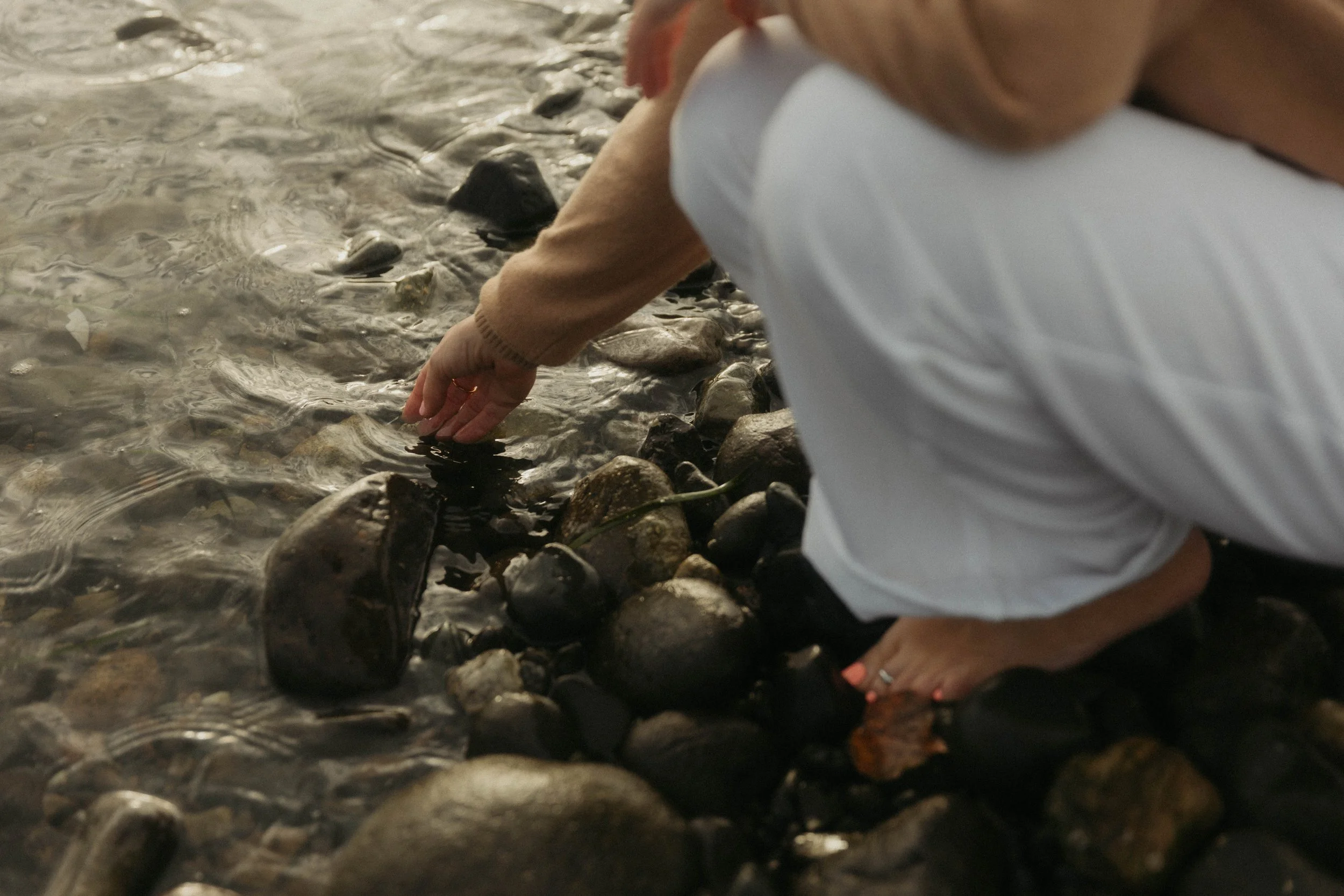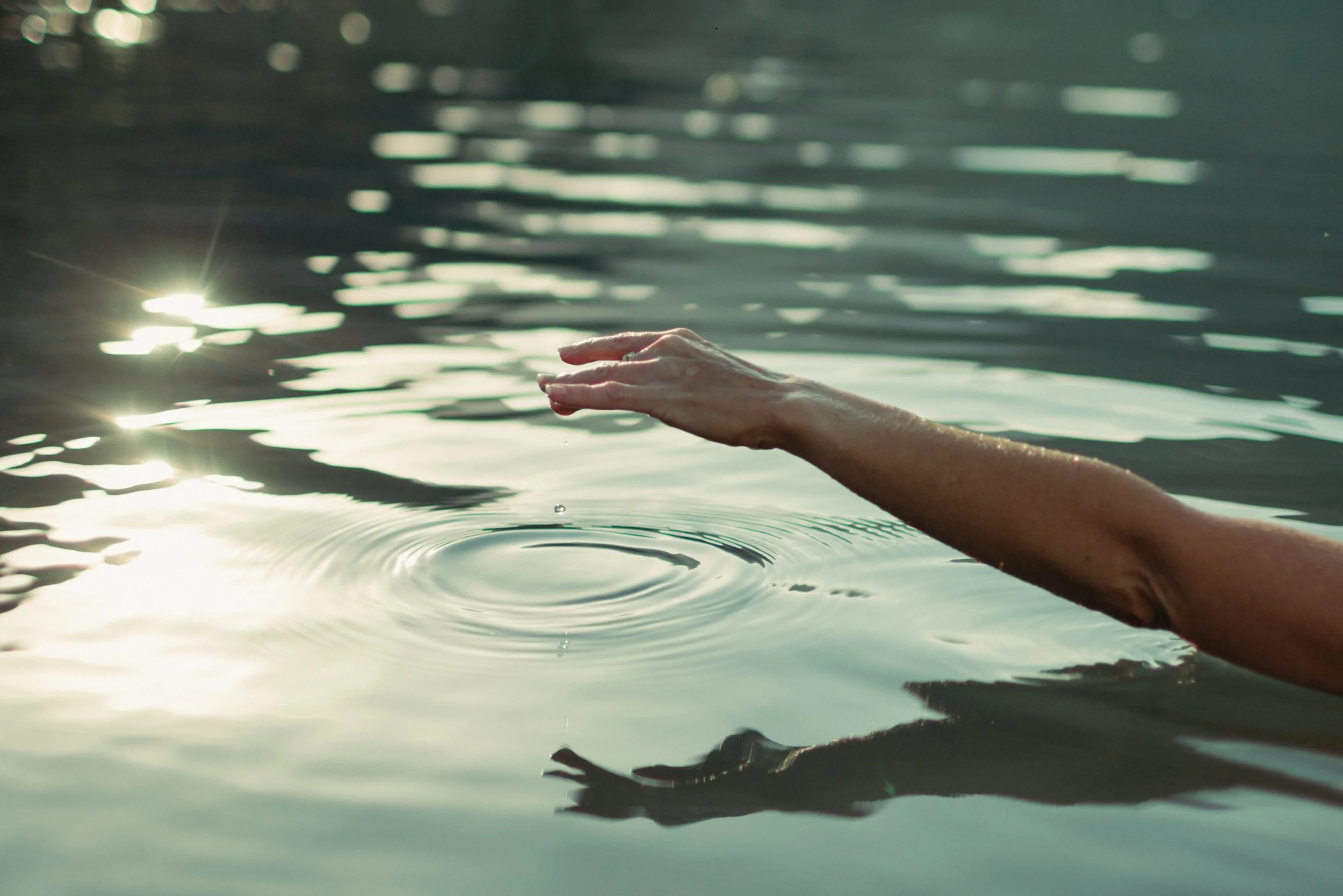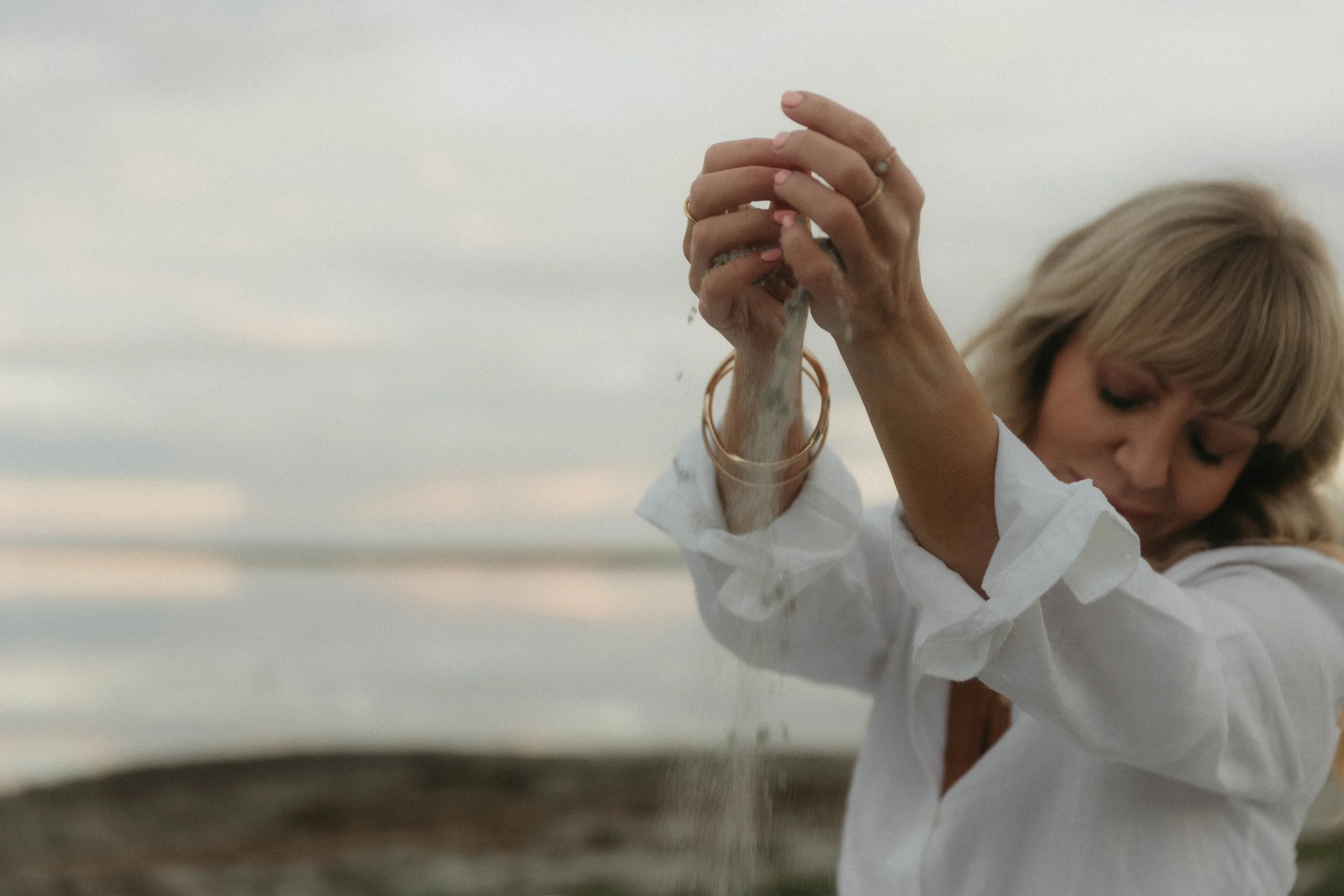

WHAT IS REIKI
Reiki is a gentle yet powerful form of subtle energy work that helps activate your body’s own innate healing capacity to release, rebalance, and restore. The word Reiki means “universal life force energy,” known as Ki in Japan, Chi in China, and Prana in Indian traditions.
Reiki is not a belief system or a technique that requires effort or understanding. It is a natural healing energy that flows through attunement, intention, and presence to where it is needed most, helping to release blockages that may have physical, emotional, mental, or spiritual roots.
Reiki was developed in the early 20th century by Dr. Mikao Usui, following a profound spiritual experience during a meditation retreat on the sacred Mount Kurama-yama outside Kyoto in Japan. His teachings on energy, healing, and spiritual principles laid the foundation for what is now known as the Usui Reiki system.
A LIVING LEGACY
I’m honoured to be part of an unbroken Reiki lineage that traces directly back to Dr. Usui. I am the 8th step in this line, meaning the teachings and attunements I’ve received have been passed down through seven generations of Reiki Masters. This lineage supports the integrity and depth of the work I offer today.

How Reiki Can Support You
In my experience, Reiki is particularly effective for clients navigating heightened sensitivity, chronic stress or pain, and the after-effects of trauma. It is also helpful for those who have found talking approaches overwhelming or insufficient.
Reiki may be beneficial for those experiencing:
Stress, emotional overwhelm, or nervous system dysregulation
✦
A desire to heal or let go without talking through the story
✦
Chronic fatigue, burnout, or low energy
Chronic illness, physical pain, or long-term health issues
✦
Emotional residue from grief, shame, fear, anger, or trauma
✦
Feelings of numbness, flatness, or disconnection from the body
A sense of being out of balance or not quite yourself
✦
Spiritual disconnection or a longing for reconnection
✦
Sleep disturbance, restlessness or agitation

“The truth is that our bodies are not separate from our emotions and experiences; they are deeply intertwined.”
~ Dr. Bessel van der Kolk, The Body Keeps the Score
Sensitivity, Trauma, and the Subtle Body
Modern science is beginning to recognise what healers and trauma practitioners have known for generations: that the body holds onto experiences we couldn’t fully process at the time. Unresolved emotions and trauma, whether personal, ancestral, or energetic, can lodge in the system and shape our state of health and sense of self.
Reiki offers a non-invasive, non-verbal, body-led way to release these residues. It can be especially helpful for those who identify as highly sensitive, empathic, neurodivergent, or energetically porous. In these cases, the energy body easily becomes overstimulated or burdened, which over time, without clearing, can lead to overwhelm and shutdown. Reiki can strengthen your energetic boundaries, restoring space within the system for your own natural life force to flow, without interference.
Sometimes, talking about deeply tender or painful experiences can feel jarring. We might be left feeling misunderstood, or not fully met in the depth or significance of what we’ve lived through. Reiki offers a purer path, one that doesn’t rely on verbal explanation or skilful mirroring, but instead allows what’s held internally to be met directly through presence and healing energy.
For clients doing deeper integrative work, Reiki can be a powerful ally, offering somatic and energetic support that complements and strengthens Shadow Work.

A Space of Unconditional Love
Reiki is practiced in a field of unconditional love. Sessions offer a calm, attuned environment grounded in non-judgement and compassion. Everything is welcome as it appears, in order to be witnessed, acknowledged, and, when ready, released.
When we resist or brace against what we’re feeling, it often becomes more stuck or more intense. Reiki creates a space of acceptance where emotions and sensations are simply met as they are. This atmosphere allows the body and energy system to soften, and from there, things can begin to move.
The Original Reiki Ideals
The secret art of inviting happiness
The miraculous medicine of all diseases
Just for today…
✦ Do not anger
✦ Do not worry
✦ Be filled with gratitude
✦ Devote yourself to your work honestly
✦ Be kind to people and every living thing


FAQ
-
We’ll begin with a brief conversation to check in on how you’re feeling and discuss any intentions or concerns you may have. You’ll then be invited to lie down or sit comfortably, ensuring you’re warm and at ease.
During the treatment, I will place my hands lightly on or just above your body, allowing Reiki energy to flow where it’s needed. Sessions are quiet and spacious, attuned to your comfort, there’s no need to talk unless you wish to.
Some clients experience physical sensations such as warmth, tingling, or a gentle sense of energy flow. It’s also common for emotions or memories to surface, or for the body to release tension through spontaneous movements. Others may enter a deep state of relaxation or even fall asleep. Each session is unique, and all responses are welcome. -
After a session, clients often report feeling lighter, energised, more grounded, or deeply relaxed. Some experience emotional release, increased clarity, or a sense of peace. It’s also possible to feel tired or emotional as your body integrates the healing. Reactions vary, and each experience is valid.
-
To support your integration:
Hydration: Drink plenty of water to help flush out any toxins that may have been stirred.
Rest: Allow time for rest and avoid overstimulation if possible.
Nutrition: Opt for nourishing foods and consider avoiding stimulants like caffeine and alcohol for 24–48 hours if you are sensitive.
Gentle Activities: Engage in gentle movement, spend time in nature, or practice quiet reflection.
Emotional Awareness: Be gentle with yourself and allow any emotions to flow without judgment.
-
Reiki is a gentle, non-invasive practice that is generally safe to receive alongside medications and medical treatments. However, if you’re undergoing a course of Reiki and notice significant improvements in your well-being, it’s important to consult your healthcare provider. In some cases, particularly with medications for thyroid conditions or diabetes, adjustments to reduce your dose may be necessary to reflect the healing that is taking place. Any changes to medication should always be made in consultation with your doctor and based on appropriate clinical testing.
-
This varies depending on individual needs. Some clients feel a significant shift after one session, while others benefit from a series. For deeper patterns, I often recommend starting with 3 or 4 sessions over a few weeks, then spacing them out as needed. We can discuss what feels right for you.
-
Yes. Reiki is not limited by physical distance. Remote sessions are equally effective and can be a supportive option when rest, privacy, or flexibility are needed.
-
No. Reiki is a complementary practice that supports well-being but is not a substitute for professional medical or mental health treatment. If you have a serious health condition, please consult a licensed healthcare provider.







